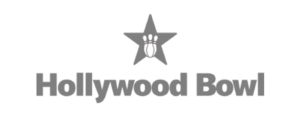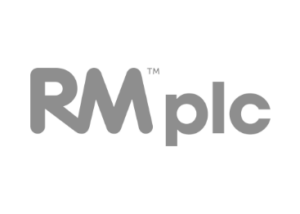You’ve applied for a job—maybe even a few—and now you have an interview lined up. Should you tell your boss? You might consider doing so for several reasons:
- To avoid future awkwardness
- To be upfront about why you need time off
- Out of a sense of loyalty or guilt
But are you actually required to disclose this information? What are the pros and cons? And if you do decide to tell your employer, how should you approach the conversation?
Let’s start by looking at your rights and obligations.
What Are Your Rights and Obligations?
Generally, you are not required to inform your employer that you’re job hunting or attending an interview. However, there is an exception—your employment contract may include a clause requiring you to disclose job interviews, even if they are for a second job.
Even if you plan to leave your current position, it’s important to follow the terms of your contract until you officially transition to a new role. Violating your contract could lead to disciplinary action or even termination, both of which may impact your professional reputation.
To avoid any issues, review your employment contract and company policies. If there’s a clause requiring disclosure of job interviews, you must comply. If not, the decision is entirely up to you.
Should You Tell Your Employer? Weighing the Pros and Cons
If your contract doesn’t require disclosure, it’s worth considering whether informing your employer is in your best interest. Being upfront may have advantages, but there are also potential downsides that could impact your position at work.
Pros of Telling Your Employer
There are three key benefits to being transparent about your job search:
- Honesty and transparency: Employers often appreciate employees who are upfront. This can help maintain a positive relationship and allow for better workforce planning.
- Professional courtesy: Letting your employer know about your job search can make for a smoother transition if you decide to leave, showing that you respect them and your workplace.
- Potential internal opportunities: If your employer values you, they may try to retain you by offering a promotion, better benefits, or a new role within the company.
Cons of Telling Your Employer
On the other hand, there are risks involved in revealing your job search:
- Strained professional relationships: Your employer or colleagues may start questioning your commitment to your current role, leading to a tense work environment.
- Reduced responsibilities or opportunities: While an employer cannot fire you simply for job hunting, they might limit your access to key projects or growth opportunities if they doubt your long-term commitment.
- Increased stress and pressure: Knowing that your employer is aware of your job search might make you feel scrutinized or under additional pressure.
How to Tell Your Manager About a Job Interview
If your contract requires you to disclose your interview—or if you decide that it’s in your best interest—consider the following steps to handle the conversation professionally:
- Plan what you’ll say. Prepare a concise, positive explanation focusing on your career growth. Instead of simply stating that you have an interview, frame it as an opportunity to advance your career.
- Choose the right moment. Approach your manager when they’re not overwhelmed or in a stressful situation to ensure they’re receptive to the conversation.
- Be ready for different reactions. Your manager might be supportive, indifferent, or even disappointed. Regardless of their response, stay professional, composed, and respectful.
- End on good terms. If possible, reassure your employer that you’ll remain committed to your current responsibilities during your transition.
Wrapping It Up
In most cases, you are not obligated to tell your employer about a job interview. However, always check your contract to ensure compliance with company policies.
If disclosure isn’t required, the decision is yours. Consider your relationship with your employer, your career goals, and the potential benefits or risks before making a choice. Ultimately, the best decision is the one that aligns with your professional and personal circumstances.
Looking for your next career move? View our vacancies here.








